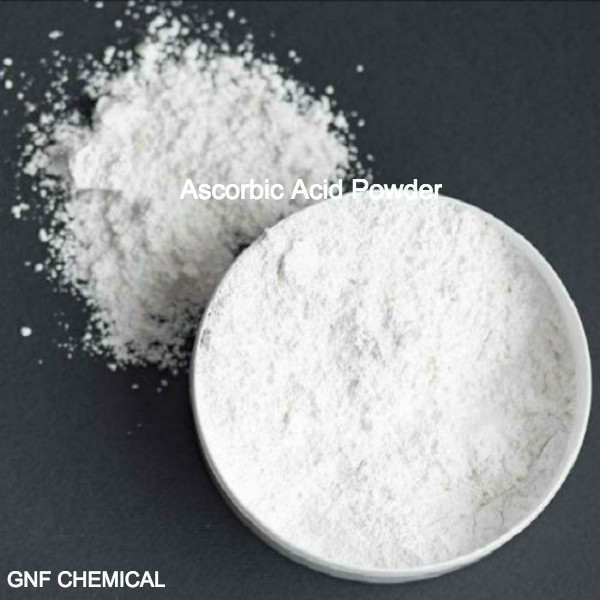Vitamin C is a water-soluble vitamin and a common and important nutrient that plays multiple roles and functions in the body:
Physiological Regulatory Role
Promotes collagen synthesis: vitamin c is essential for the synthesis of collagen, an important component of human skin, bone, teeth, blood vessels and other tissues. Adequate vitamin C helps to maintain the health and normal function of these tissues, so that the skin maintains elasticity, bones and teeth are stronger, and blood vessels are more resilient.
Promote iron absorption: It can reduce trivalent iron, which is difficult to be absorbed and utilized, to divalent iron, promote the absorption of iron in the intestine, improve the utilization rate of iron in the liver, help to treat iron-deficiency anemia, and have a positive significance for the prevention and improvement of iron-deficiency anemia.
Promoting antibody formation: In the human immune system, vitamin C helps to enhance the function of the immune system, promote phagocytosis of white blood cells, and promote the formation of antibodies, thus improving the body's resistance and helping the body to resist the invasion of external pathogens.
Promoting the formation of tetrahydrofolate: It is involved in the metabolic process of folic acid and promotes the formation of tetrahydrofolate, which plays an important role in normal hematopoietic function as well as cell division and growth.
Maintaining the activity of sulfhydryl enzymes: In the metabolic process of the human body, many sulfhydryl enzymes need to be in an active state in order to function, and vitamin C is able to maintain the activity of these sulfhydryl enzymes to ensure the integrity of the cells and the normal conduct of metabolism.
Antioxidants effects
Scavenging free radicals: As a powerful antioxidant, vitamin C is able to scavenge excess free radicals from the body. Free radicals are one of the most important factors contributing to the development of many chronic diseases in the body. Excessive free radicals can cause oxidative damage to cells, leading to a variety of diseases and accelerated aging. Vitamin C can reduce the damage caused by oxidative stress by scavenging free radicals, reducing the occurrence of chronic diseases, and also has the function of slowing down the aging process.
Cancer prevention: its antioxidant effect can resist free radical damage to cells and prevent cell mutation; it can also block the formation of nitrite and secondary amines to form a strong carcinogen nitrosamines, and the rich collagen also helps to prevent the spread of cancer cells.
Protective effects on body systems
Prevention of scurvy: When the body is deficient in vitamin C, it may cause scurvy, with symptoms such as bleeding gums, swollen joints, fatigue, skin bruising, purple spots, gastrointestinal bleeding, and anemia. Supplementing enough vitamin C can effectively prevent scurvy.
Prevent cardiovascular disease: It can promote the excretion of cholesterol, which helps to reduce the level of cholesterol in the blood, thus alleviating and preventing atherosclerosis; it can also enhance the elasticity and toughness of the blood vessel wall, maintain vascular resistance, and is beneficial to cardiovascular health.
Promote wound healing: Since vitamin C is a major part of collagen synthesis, it plays an important role in the repair and healing of tissue wounds, and can promote faster wound healing.
Protecting gum health: a healthy dental bed requires vitamin C to maintain, and when deficient, gums as soft tissues are prone to problems such as shrinkage and bleeding. Vitamin C helps to consolidate cellular tissues, strengthen teeth and gums, and prevent gum bleeding.
Beauty and skin care effects
Whitening and lightening: It can inhibit the formation of melanin and make the melanin that has been formed slowly fade away, which is effective in improving facial spots, dullness and other problems, thus playing a role in beauty and skin care and whitening.
Fade wrinkles: can increase the collagen content in the skin, make the skin more firm and elastic, help reduce the generation of wrinkles, fade the existing wrinkles, maintain the youthful state of the skin.
